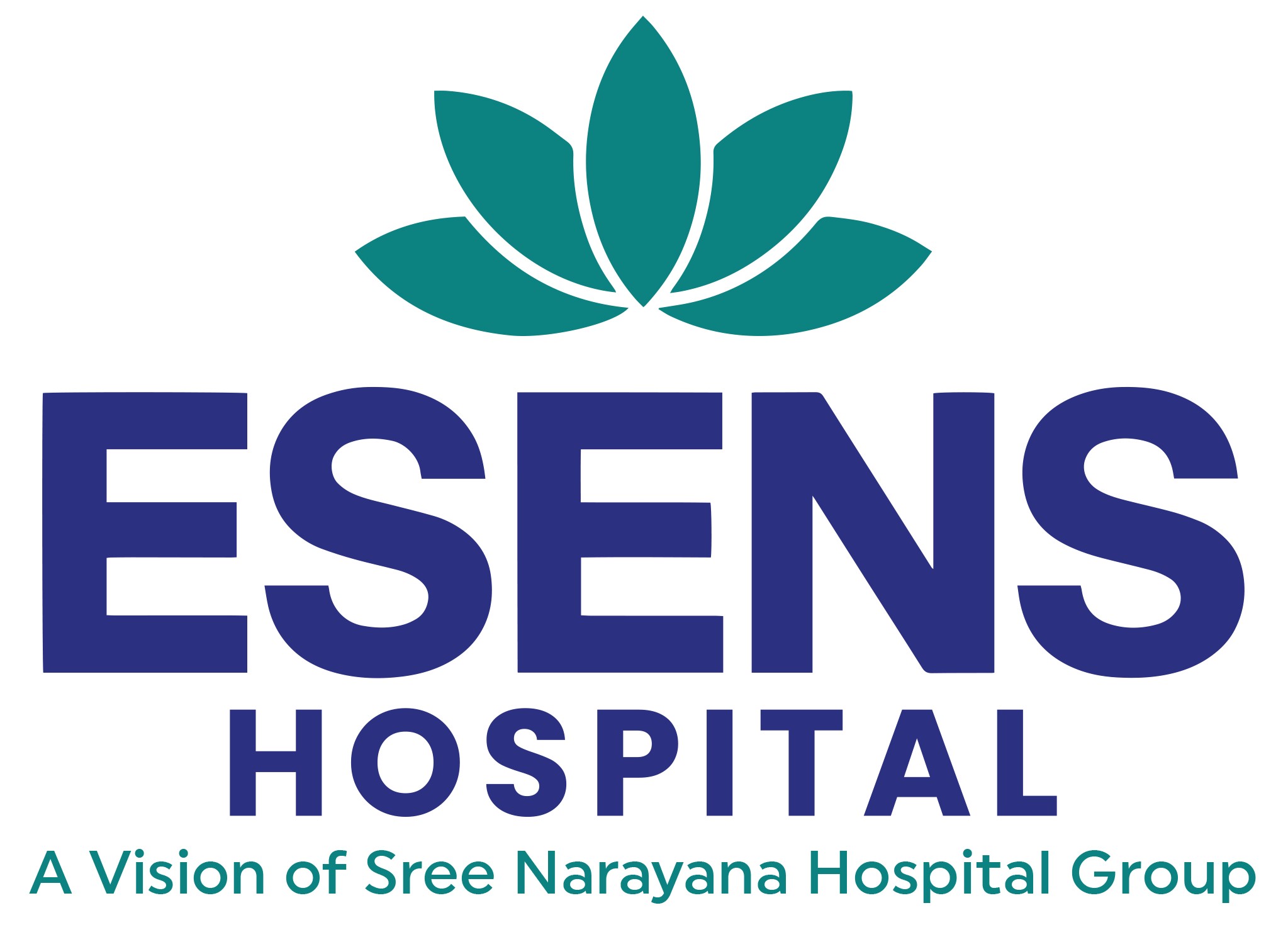Monsoon is a season of joy and relief from the scorching summer heat. However, it also brings monsoon related illnesses that can affect your family’s health. As the rain pours, it creates an environment for diseases to thrive. It’s crucial to know about these health challenges, recognize their symptoms, and learn prevention strategies to protect your loved ones. This guide will help you understand how to stay healthy during the monsoon in India, keeping infections like dengue, malaria, and the flu at bay. Prepare your home and community to combat these health issues effectively.
Monsoon Season: Common Health Challenges and Illnesses
The monsoon season in India is a double-edged sword. While it brings the much-needed respite from intense heat, it also presents several monsoon related illnesses. These are health challenges everyone should be aware of.
One major concern during monsoons is mosquito-borne diseases. These infections spread because standing water becomes a breeding ground for mosquitoes. Diseases such as dengue, malaria, and chikungunya are prevalent during this time. They cause high fever, body aches, and other severe symptoms.
Next on the list are water and food-borne diseases. Heavy rains can contaminate drinking water, leading to infections like cholera, typhoid, and various diarrheal diseases. Consuming safe, clean water is vital to prevent these illnesses.
Additionally, fungal infections can become common due to the humidity. Skin infections and athlete’s foot are frequent. Catching the flu or other viral infections is also a risk, as they spread easily during damp weather. Understanding these monsoon related illnesses symptoms will keep you prepared.
In summary, the monsoon brings both relief and challenges. Being aware of the potential health risks can help you safeguard your family and enjoy the season without worry.
Recognizing Symptoms and When to Seek Care
Being on the lookout for monsoon related illnesses symptoms is key to early medical intervention. Different diseases have varied symptoms.
Symptoms to Watch Out For:
– High fever, headaches, and severe joint pains can be signs of dengue or chikungunya. – Continuous high fever and coughing might indicate malaria. – Vomiting, diarrhea, and dehydration point to cholera or typhoid. – Skin rashes and irritation may denote fungal infections.
It’s vital to react promptly when these symptoms appear. Seek medical help if the fever is persistent or other severe signs develop.
Moreover, it’s important to watch high-risk groups closely. These include children, older adults, and people with chronic diseases. They are more susceptible to falling ill and might have complications quickly.
When to Seek Immediate Care:
- If someone experiences severe dehydration or continuous vomiting, rush them to a doctor.
- Difficulty breathing or a high fever lasting more than three days shouldn’t be ignored.
Knowing which symptoms signal an emergency can save lives. Timely monsoon illnesses treatment makes a significant difference.
Staying informed ensures your family receives the care they need in moments when it matters the most.
Actionable Prevention Strategies
To combat monsoon related illnesses prevention is crucial. Follow these simple steps to stay healthy.
Mosquito Control:
- Regularly empty and clean water storage items to prevent mosquito breeding.
- Use mosquito nets and repellents to protect against bites.
Safe Water Practices:
- Always boil drinking water or use quality water filters.
- Store water in clean, covered containers.
Home Hygiene:
- Keep your home and surroundings clean to avoid insect and pest infestations.
- Avoid wading through flood waters as they may be contaminated.
First Aid and Medical Checks:
- Build a monsoon-specific first aid kit including basic medicines and antibiotics for monsoon illnesses.
- Schedule regular health checks and ensure vaccinations are up to date.
These precautions are simple yet effective. Practicing them regularly can significantly reduce the chances of falling ill during this season.
Conclusion: Community Actions and Knowledge Sharing
Empowering individuals through education about monsoon related illnesses can amplify community wellness. Sharing what you know with your neighbors can be a game-changer.
Governments also play a role, offering public health drives and facilities. Participation in these initiatives boosts community strength. Encouraging collective vigilance and quick responses ensures everyone’s health is prioritized. With these efforts, you can keep your family and community healthy through the monsoon.
Monsoon season brings relief from the heat, but it also increases the risk of waterborne and vector-borne illnesses such as dengue, malaria, typhoid, and cholera. The humid environment can lead to the growth of bacteria and viruses, making it essential to take extra precautions during this time. Symptoms like fever, fatigue, nausea, and diarrhea are common indicators of these illnesses, and early diagnosis is crucial for effective treatment.
Consult Esens Hospital today for expert care in diagnosing and treating monsoon-related illnesses.
Our experienced medical team is ready to provide the right treatment and guidance to keep you and your family healthy during this season.

